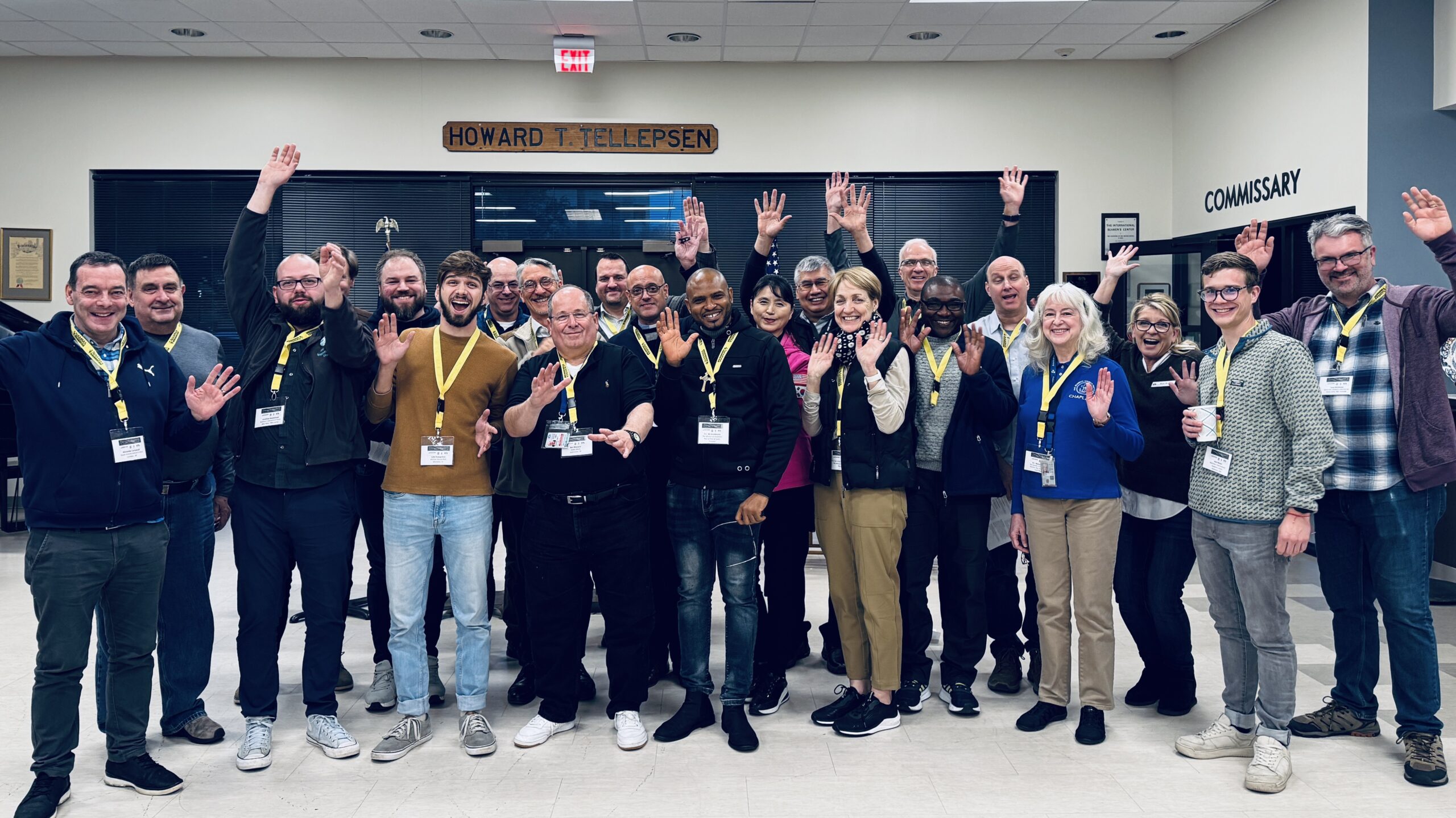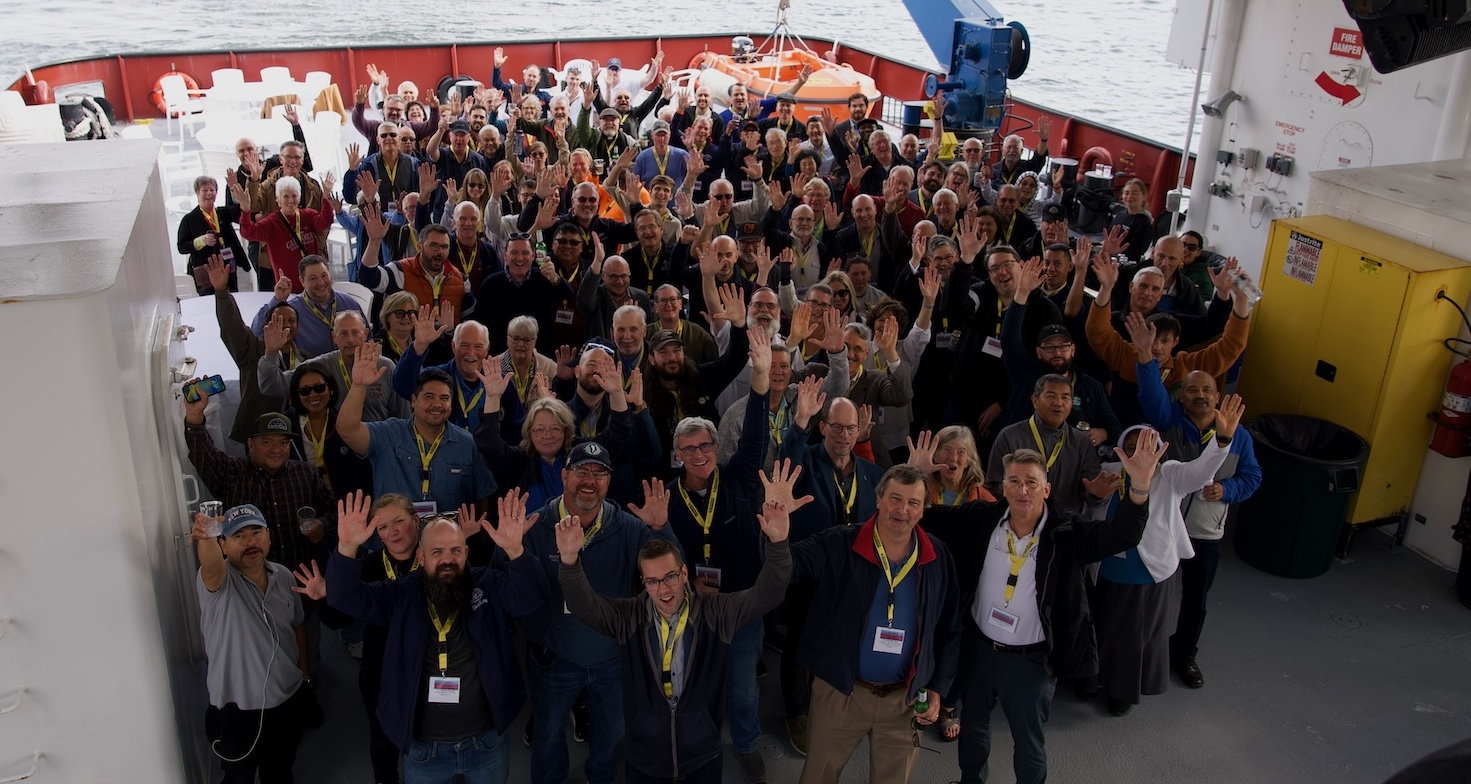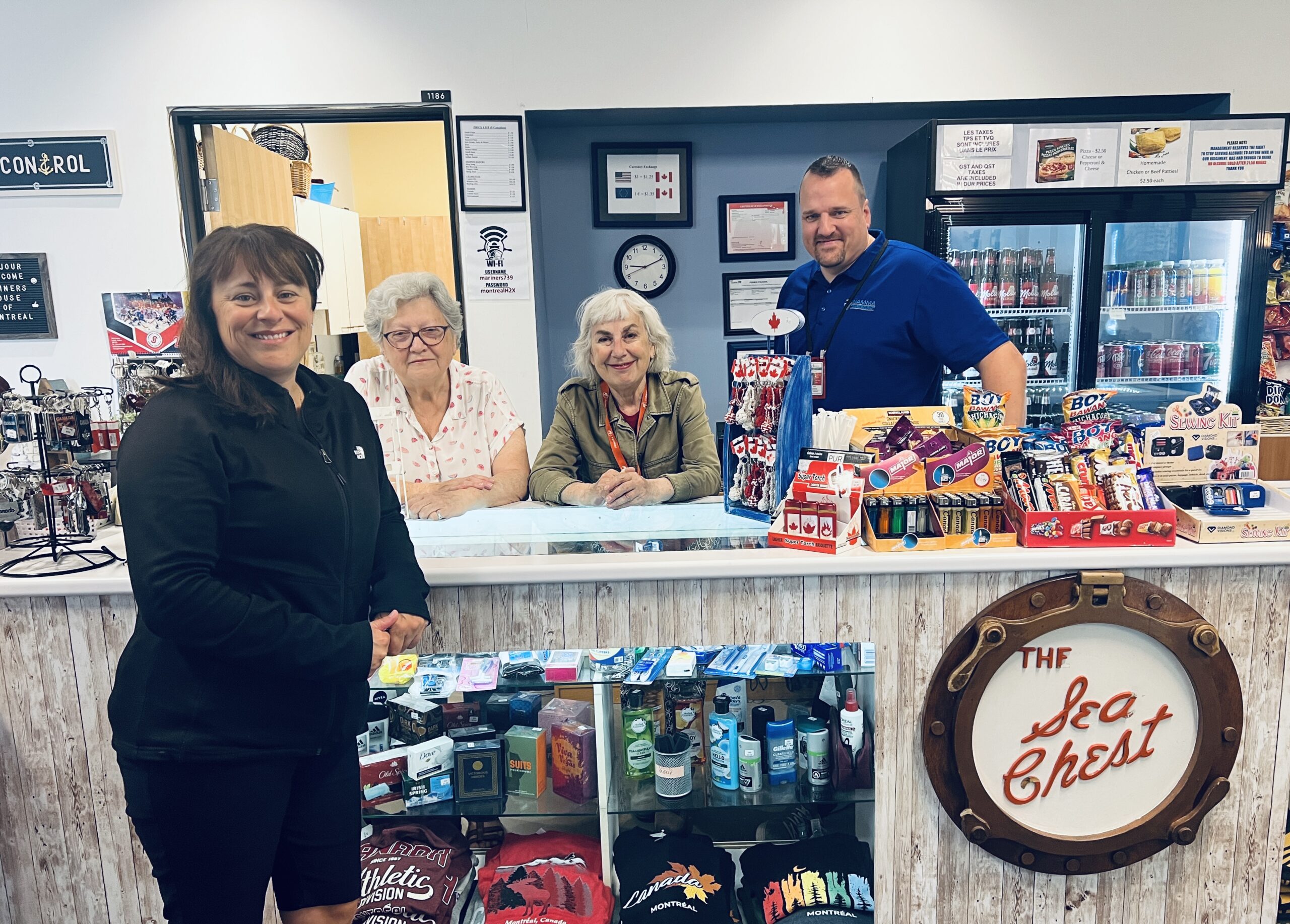A short time ago, I read Virginia Hoel’s monograph, Faith, Fatherland and the Norwegian Seaman. The work of the Norwegian Seamen’s Mission in Antwerp and the Dutch Ports 1864-1920 (Verloren, 2016). This study provides us with a beautiful insight into the workings of maritime ministry in some western European ports in the nineteenth and early twentieth centuries.
Unsurprisingly, Hoel writes about standard welfare provisions like seamen’s hotels, reading rooms, ship visits, legal assistance, and religious services and meetings. What really struck me, however, were the educational activities offered to seafarers. Reading rooms provided an atmosphere akin to home. They also offered writing facilities (a kind of precursor to the Internet connections offered in seafarers’ centers today). Educational presentations were also given in reading rooms, which also supplied instructional materials on various subjects useful for seafarers. This activity fit well in the nineteenth century tradition of Bildung (“Edification”) and fostering a nationalism more-or-less in present in all European cultures of the time.
But what about in our time? Should seafarers’ welfare providers still prioritize education in the range of services we provide to the maritime world?
With my colleague, port chaplain Rev. Helene Perfors, I deliver guest lectures at the maritime college in Rotterdam. For first year students, we provide a lesson in just how complex is the work of a seafarer. Today, many students don’t have a clear image of what life at sea means, since they often have had little contact with mariners.
For the second year students, we developed a series of lessons called “RESC-Q”: adding Quality to the seafarer’s life and performance via Reflective ability, Emotional stability, Social sensitivity and Cultural Awareness. These lessons are especially important because training in these “soft skills” is not a part of the regular curriculum. As workers in maritime ministry, we can share our experience with regard to this side of life at sea. This portion of our education could even be used on a larger scale: an international version of RESC-Q was delivered to a group of Filipino seafarers at a manning agency in Manila late in 2017.
The industry has shown great interest in the development of “soft skills”; psychological assessments have even become quite normal in recruitment and hiring. It is natural, then, that maritime colleges are looking for ways of implementing them in their curricula. Moreover, in the Dutch context, the government requires that educational institutions pay attention to issues such as ethics, worldviews, and citizenship.
Of course, our guest lectures are not the only initiatives in the field. Certain members of the International Christian Maritime Association still provide formal maritime education, notably the Seamen’s Church Institute of New York & New Jersey in the United States. Likewise, the UK-based Sailors’ Society has developed in recent years the “Wellness at Sea” programme with the possibility of in-house training at maritime academies or other institutions. That training is designed to improve skills for “social, emotional, physical, intellectual and spiritual well-being” at sea.
Former maritime engineer and Maritime Piracy Humanitarian Response Programme—Asia director, Rev. Rancho Villavicencio has been active in developing modules for a program called Pre-Departure Training, which the Philippine government requires for all seafarers. He, however, has gone one step further by starting “leadership training” for Filipino officers. His aim is to equip Filipino seafarers for higher positions and responsibilities. His training is not directed to the technical side of the job but rather focuses on the attitude and ethos of seafarers. The basic idea is that with the right mindset, one can accomplish high goals. His work has even drawn the interest of some European ship owners.
Again, but in a different way, the educational motive is present in the seminars for Filipino seafarers that I offer during my visits to dredging vessels. I have the privilege to stay a few days on board, which gives me the opportunity for communal reflection on a topic. Seminars on financial planning and maintaining long-distance relationships have been received with great enthusiasm. Crewmembers of other nationalities have also joined the discussion, which creates great mutual understanding.
Other types of educationally-motivated activities within maritime ministry could easily be added to our agenda, and I believe they can function as a great tool for the improvement of the well-being of the seafarer. Moreover, the scope of these activities goes further than helping the stereotypical “poor, lonely seafarer”. Education can help also more highly paid seafarers who may have had more comprehensive technical training already. Further, it is good practice to establish contact with young seafarers at an early stage in their careers.
Maritime welfare work long has focused on offering a warm welcome to seafarers in port, whether at dedicated facilities or through ship visits. At some times, advocacy for the needs of seafarers is a component of the ministry. Yet education, which was foundational to seafarers’ welfare in generations past, can be taken up in new ways as well. A further exploration of the possibilities and challenges for this task is welcome.
The maritime industry seems to be interested in this side of our work. In some ways, the only limit might be our success: anecdotally, one manning agency was unhappy with financial planning training because good habits in this area might see their workforce retire far earlier than expected! This is probably an exaggerated concern, but it does show that in all aspects of maritime ministry, careful cooperation with industry is necessary.
About the author: Drs. Stefan Francke is the son of a captain. He studied theology and philosophy in Kampen, Amsterdam, and Toronto. He served two congregations before becoming pastor for the Stichting Pastoraat Werkers Overzee in 2012.





